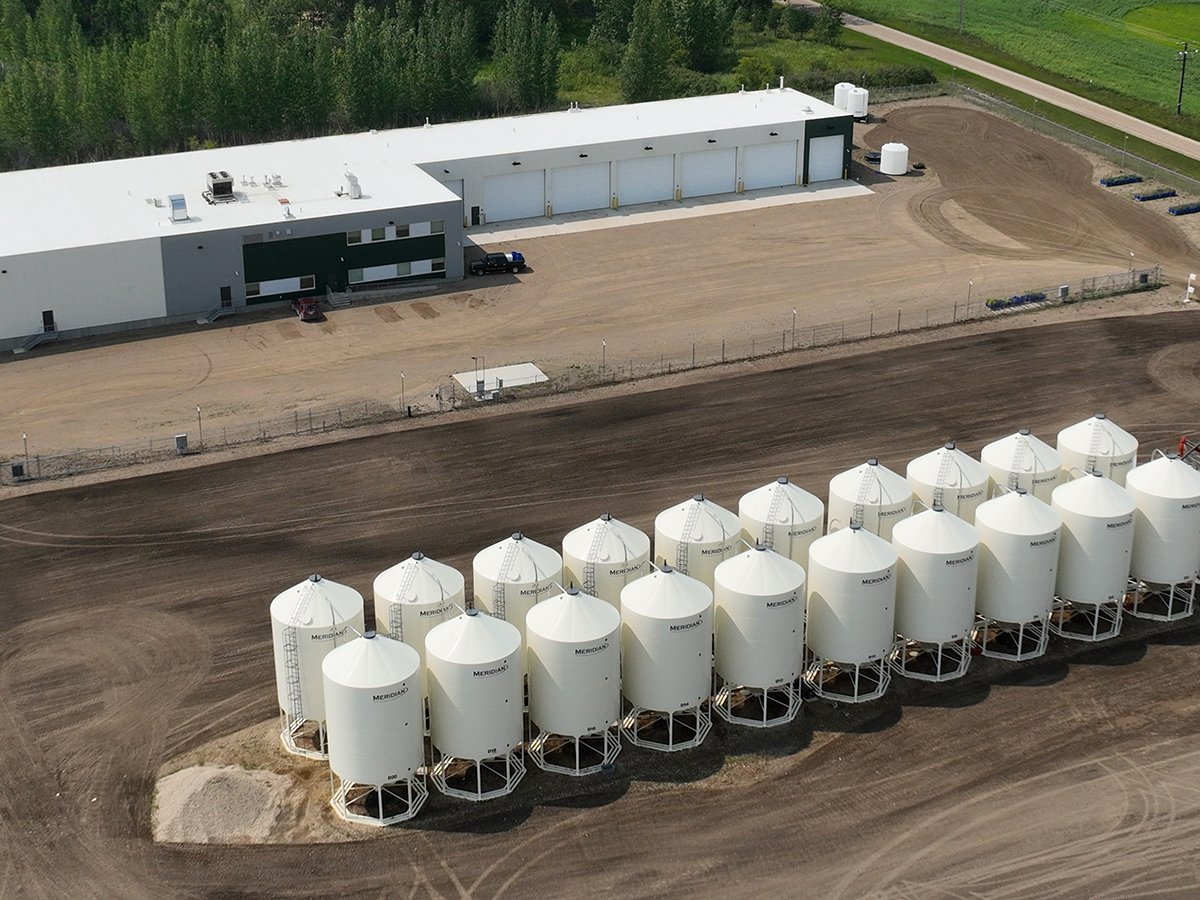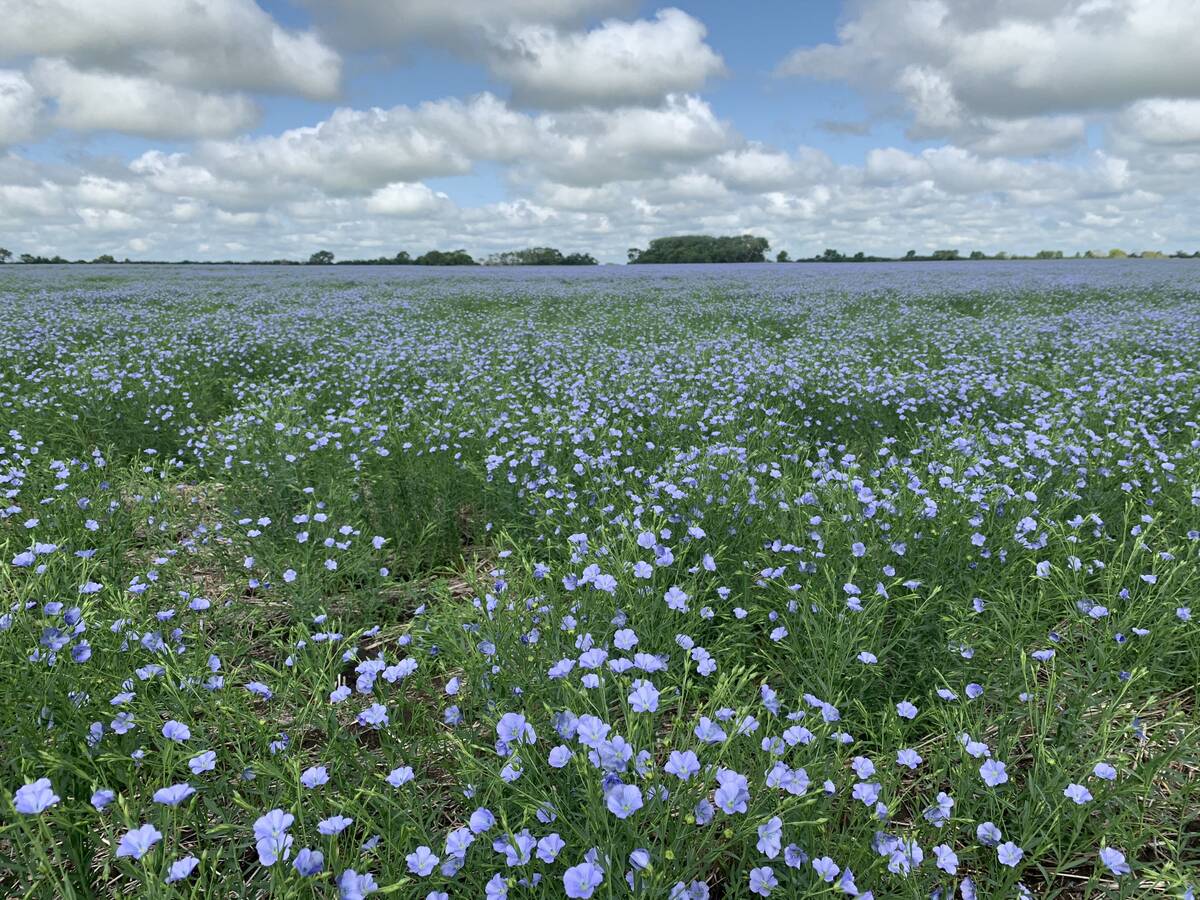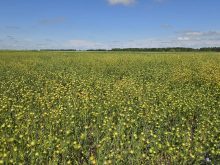SASKATOON — A global shortage of omega-3 oils could be an opportunity for the flax sector, says an industry official.
A new report from Rabobank says the aquaculture industry is consuming more fishmeal and fish oil due to the expansion of high-value species and the adoption of more intensive farming practices.
“This rising demand is colliding with stagnant marine ingredient availability and increasing vulnerability to supply shocks, particularly those linked to climate change and recurring El Nino events,” RaboResearch seafood analyst Novel Sharma said in a recent article promoting his Seafood Feed Futures report.
Read Also

Saskatchewan firm aims to fix soil with compost pellets
In his business, Humaterra, Leon Pratchler is helping farmers maximize yields in the weakest areas of their fields through the use of a compost pellet.
The aquaculture sector consumes more than 90 per cent of the world’s fishmeal supply and 70 per cent of its fish oil — two key components of the omega-3 supply chain.
“Looking ahead, fishmeal shortages are projected to emerge as early as 2028, while fish oil scarcity is expected to intensify throughout the decade,” said Sharma.
That will lead to greater price volatility and higher prices during future supply shock events, he said.
Fish oil demand is also on the rise in dietary supplements and premium pet food brands, with those two categories doubling their fish oil use since 2013, according to the Rabobank report.
A global fish oil shortage of 20,000 tonnes could emerge as early as this year, with larger gaps forecast through 2033, according to a story on the report published by Ingredients Network.
Sharma said the aquaculture sector needs to start using novel feed sources as not just alternatives but essential components of future feed formulations.
Tracy Broughton, executive director of SaskOilseeds, met with flax stakeholders in July. The main takeaway of that meeting was that processors are worried about a lack of supply, while farmers want stable market demand.
So, the Rabobank report piqued her interest.
“If this increased need for omega-3 would provide that stable demand for flax, I think it’s a win-win for the whole supply chain,” she said.
Flax oil is rich in the omega-3 fatty acid called alpha-linolenic acid, which is good for heart and brain health.
“(The omega-3 shortfall) presents an opportunity, and this is a perfect time for us,” said Broughton.
That’s because the organization has now completed the merger of SaskCanola and SaskFlax.
The last couple of years have been devoted to sorting out administration and ensuring the breeding program has what it needs.
“Now we’re really focused on market development,” she said.
The organization is just starting a “markets scan” to see where the opportunities lie for flax, whether that be in aquaculture, pet food, human health markets or elsewhere.
There might have to be some investments in processing to turn flax into whatever form is needed by whatever market is determined to have the most potential.
If the aquaculture sector continues to usurp the world’s supplies of fish meal and fish oil, that could mean other opportunities will arise in pet foods, supplements or some other area.
A study by Mintel shows that the top launch categories for omega-3s in the human health field between 2022 and 2024 were dietary supplements, infant formula and growing-up milks, according to the Ingredients Network article.
Broughton said the results of the market scan should be available around Christmas or early in the new year.
















